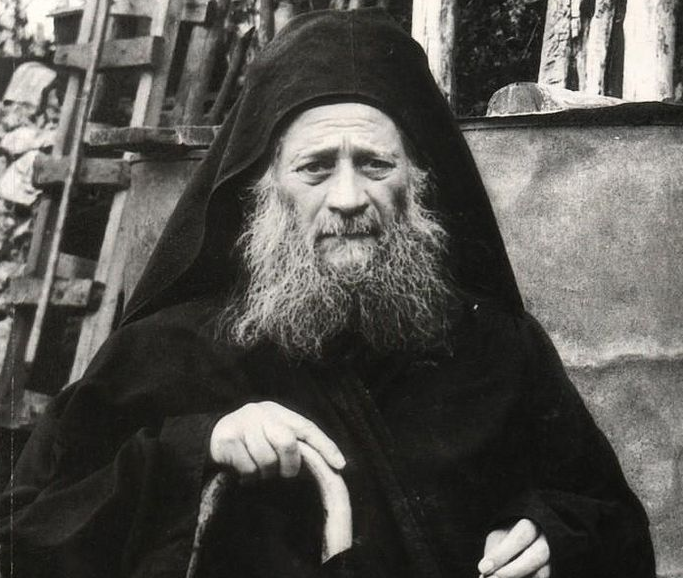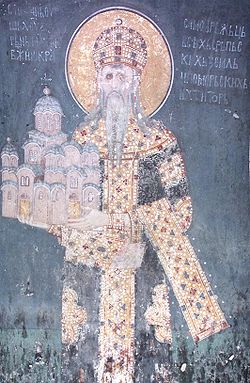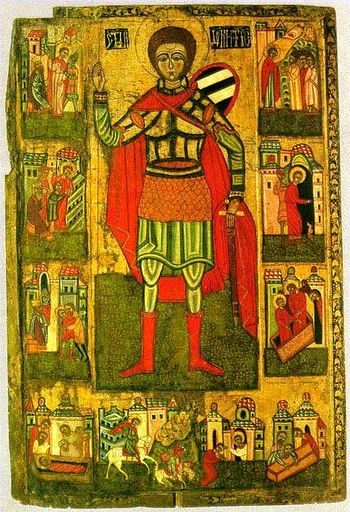Hieromonk Ephraim is a longtime disciple of Elder Ephraim of Arizona who received the elder’s blessing to live and struggle ascetically at St. Nilus Island Skete, near Kodiak, Alaska. Fr. Ephraim as offered us the fruit of his hagiographic labors on the windswept isle for our readers’ edification.
We begin today with Part 1, his introduction.
St. Joseph the Hesychast was one of the greatest monks of the Holy Mountain in the 20th century. His life story and teachings have been translated into many languages and touched thousands of people. People have been moved especially by the stories told by his disciple, Elder Ephraim of Arizona, in the book My Elder Joseph the Hesychast. Due to the popularity of this book, I was asked to write this article, explaining the story behind it. In Part 2, Part 3, and Part 4 of this article, I will share some unpublished anecdotes about St. Joseph.

 by Hieromonk Ephraim, St. Nilus Skete, Alaska
by Hieromonk Ephraim, St. Nilus Skete, Alaska The long reign of one of the most illustrious and powerful medieval Serbian figures - the "Holy King Uros", (Milutin by given vernacular name; pr. mee-LOO-tin) - marked the elevation of Serbia to a dominant Balkan position, and saw cultural and economic prosperity and advances along many lines.
The long reign of one of the most illustrious and powerful medieval Serbian figures - the "Holy King Uros", (Milutin by given vernacular name; pr. mee-LOO-tin) - marked the elevation of Serbia to a dominant Balkan position, and saw cultural and economic prosperity and advances along many lines. This glorious and wonderworking saint was born in Thessalonica of noble and devout parents. Implored of God by childless parents, Demetrius was their only son, and so was raised and educated with great care. Demetrius's father was a commander in Thessalonica.
This glorious and wonderworking saint was born in Thessalonica of noble and devout parents. Implored of God by childless parents, Demetrius was their only son, and so was raised and educated with great care. Demetrius's father was a commander in Thessalonica. Even among the pagans there was a difference of opinion about dreams. One pagan sage (Protagoros) stated: "Each dream has its own meaning, its own significance, and it is useful in life to heed [them]." Another pagan sage (Xenophon) explained that all dreams are vain and deceptive, and that whoever pays attention to and arranges his affairs based upon them, is going astray. One must seek truth within, i.e. first of all, one need not pay attention to all dreams, and second, one should not necessarily disregard all dreams as vain and empty of meaning.
Even among the pagans there was a difference of opinion about dreams. One pagan sage (Protagoros) stated: "Each dream has its own meaning, its own significance, and it is useful in life to heed [them]." Another pagan sage (Xenophon) explained that all dreams are vain and deceptive, and that whoever pays attention to and arranges his affairs based upon them, is going astray. One must seek truth within, i.e. first of all, one need not pay attention to all dreams, and second, one should not necessarily disregard all dreams as vain and empty of meaning.
